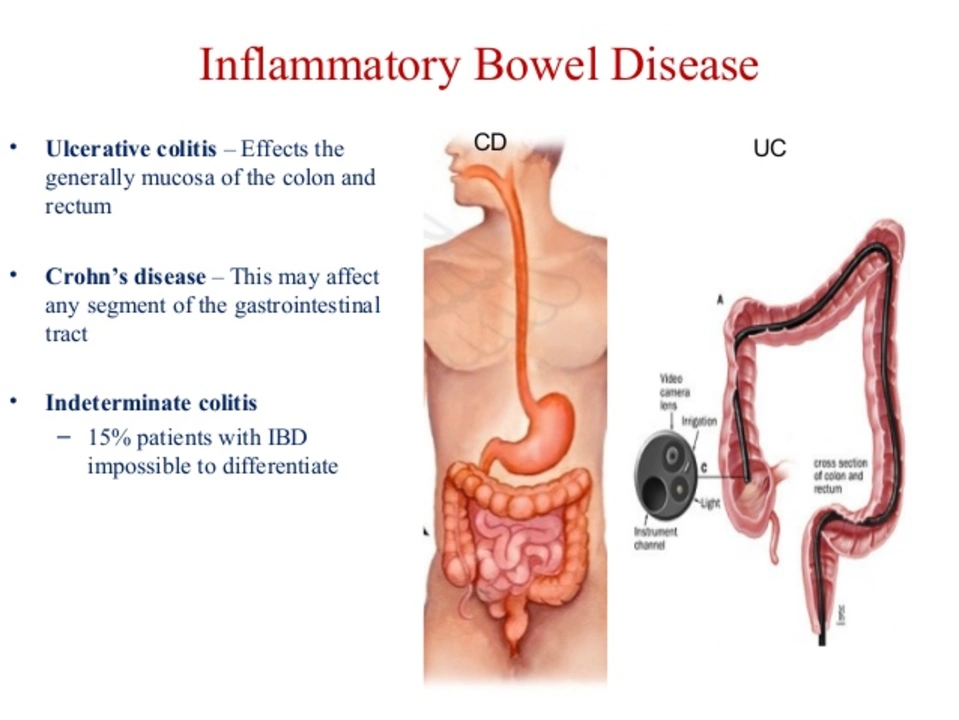Most people struggle with one thing: keeping treatment simple enough to follow. Missed doses, confusing instructions, and surprise side effects derail good plans. This page pulls together short, useful strategies to help you manage meds, pick the right treatment route, and work better with online and local healthcare resources.
Start with one clear list: medicine name, dose, time, and why you take it. Put it on your phone and on paper. Use a pill organizer and set alarms — twice a day reminders are better than hoping you’ll remember. When a new drug is added, check interactions once with a pharmacist or an interaction checker online. Ask your prescriber about generics and dose simplification. Generic versions save money and are usually as effective.
If you take meds for chronic conditions, schedule a med review every six months. During the review, ask these three questions: Do I still need this? Can the dose be lowered? Are there cheaper alternatives? Tools like GoodRx, InsideRx, and Optum Perks can cut costs; compare prices for each refill before you pay at the counter.
When you’re deciding between medicines or providers, think about three things: safety, convenience, and cost. Safety means verified info and known side effects. Convenience covers refill delivery, telehealth wait times, and whether your insurer accepts the service. Cost includes copays, discounts, and whether a cheaper option works as well. For telehealth, check recent wait time comparisons — some platforms book faster and offer same-day delivery for prescriptions.
Buying meds online? Only use pharmacies with clear contact info, a licensed pharmacist, and verified reviews. Legitimate sites will ask for a prescription when required and protect your data. If a site offers prescription meds with no questions, that’s a red flag.
Side-effect management is practical: keep a short symptom log for two weeks after starting anything new. Note severity, timing, and any triggers. Mild nausea or headaches often ease after a few days; severe rashes, breathing trouble, or swelling need immediate medical contact. Don’t stop most meds suddenly without advice — some need tapering.
Small daily habits help more than dramatic changes. Sleep, hydration, and steady meals affect how drugs work and how you feel. For conditions that itch at night, try cooling sheets, short nails, and a bedtime skincare routine to protect sleep. For migraines, track triggers and keep acute meds handy at the first sign.
If you’re unsure where to start, reach out via a pharmacist or a trusted telehealth provider. Bring your med list and recent notes. Management isn’t one big fix — it’s a few smart routines that add up to steadier health and fewer surprises.

In today's blog post, I'd like to highlight the importance of patient education in managing left ventricular failure. Educating patients about their condition helps them to better understand the symptoms, treatment options, and lifestyle changes needed for effective management. Furthermore, informed patients are more likely to adhere to their medication and care plans, reducing the risk of complications and hospital readmissions. Ultimately, patient education plays a crucial role in empowering individuals to take control of their health, improving their overall quality of life. Let's all work together to raise awareness and support patients in their journey towards better heart health.

Inflammatory Bowel Disease (IBD) is a chronic condition that affects the digestive system and can significantly impact one's quality of life. Acotiamide, a gastrointestinal prokinetic drug, has recently emerged as a promising treatment option for managing IBD symptoms. Its role involves enhancing the movement of food through the digestive tract, thus alleviating discomfort and pain. I've noticed that patients taking Acotiamide have reported significant improvements in their symptoms, leading to a better overall quality of life. As a result, incorporating Acotiamide into IBD management plans could help many people regain control over their lives and enjoy a healthier, more comfortable existence.